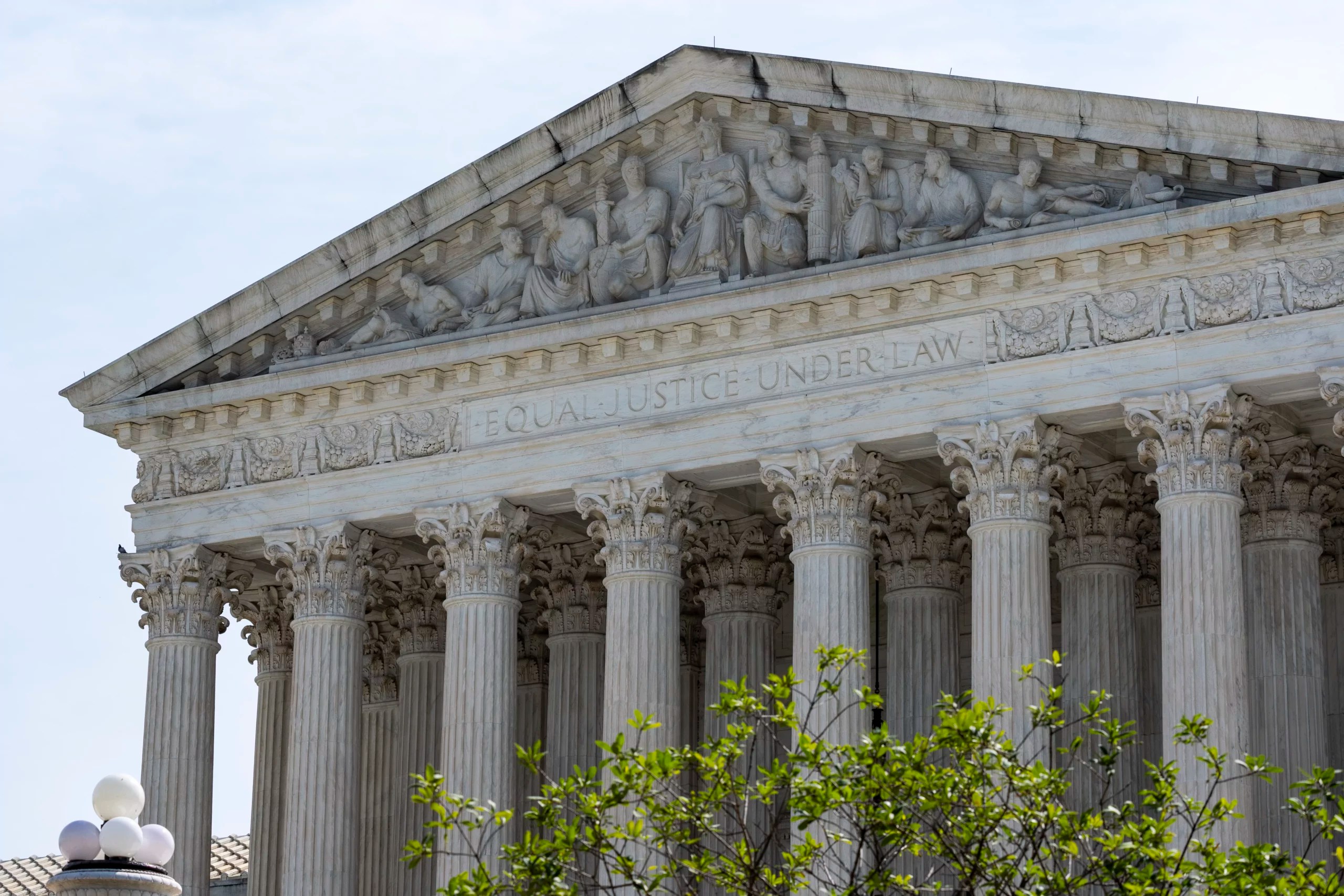


As prosecutors nakedly abuse the powers of their office for partisan purposes, the Supreme Court’s decision to extend criminal immunity to a president’s official acts is prudent. Manhattan District Attorney Alvin Bragg’s politically motivated prosecution and special counsel Jack Smith’s politically timed prosecution make the dangers clear.
With lawfare now a routine means of weakening political opponents, the court’s 6-3 majority in Trump v. United States struck the right balance, extending the immunity presidents already enjoy in the civil context, which all nine justices support, to the criminal context.
Critics of presidential immunity are right when they say there is no “presidential immunity clause” in the Constitution. But there is no separation of powers clause either and yet that legal concept has been a guiding principle of constitutional law since the Supreme Court’s first decision.
More than 40 years ago in Nixon v. Fitzgerald, an Air Force employee sued President Richard Nixon in civil court. Nixon was out of office, but the plaintiff sought damages for Nixon’s decision to fire him after he testified to Congress about cost overruns at the Pentagon. In a narrow 5-4 decision, the majority held that “because of the singular importance of the President’s duties, diversion of his energies by concern with private lawsuits would raise unique risks to the effective functioning of government.”
When determining if a president should be exempt from a legal action, courts “must balance the constitutional weight of the interest to be served against the dangers of intrusion on the authority and functions of the Executive Branch.” The Fitzgerald majority noted that “there is a lesser public interest in actions for civil damages than, for example, in criminal prosecutions,” but the decision did not preclude immunity from a criminal complaint.
Justice Sonia Sotomayor argues in dissent that giving a president immunity for official actions but not unofficial ones would let presidents “feel empowered to violate federal criminal law.” The majority saw this as “fear mongering” and we agree. The majority notes that under its holding, after further fact finding by the lower court, former President Donald Trump can still be prosecuted for his efforts to create slates of alternative electors. Under this ruling, no one is above the law.
A presidential crime spree seems less likely, as the majority suggests, than “an Executive Branch that cannibalizes itself, with each successive president free to prosecute his predecessors, yet unable to boldly and fearlessly carry out his duties for fear he may be next.”
The majority then correctly notes how broad federal law is, how presidents must make decisions on when and when not to enforce the law every day, and then notes, “Virtually every president is criticized for insufficiently enforcing some aspect of federal law such as drug, gun, immigration, or environmental laws. An enterprising prosecutor in a new administration may assert that a previous president violated that board statute. Without immunity, such types of prosecutions of ex-presidents could quickly become routine.”
CLICK HERE TO READ MORE FROM THE WASHINGTON EXAMINER
Andrew Jackson was not prosecuted for the outrages of the trail of tears. Franklin Roosevelt was not prosecuted for the internment of ethnic Japanese residents of the United States. Bill Clinton was not prosecuted for pardoning donor Marc Rich. Presidents have long committed arguably criminal conduct in their official acts, but none have been prosecuted until now and our democracy has been better for it.
The difference now is that the Democratic Party has decided Republicans must be prevented at any cost from winning presidential elections and that abusing the criminal justice system and lying about the current president’s mental health are all justified toward that political end. The Supreme Court put a brake on that slide Tuesday and we applaud it.
